
Keynote speakers & panellists
Throughout the week, esteemed keynote speakers explored the theme "Ecosystem Services: One Planet, One Health," delving into how the concept of ecosystem services can effectively address the challenges associated with delivering the global vision of One Health. Following the keynote speakers, a diverse panel of experts from various fields delved deeper into the conversation and addressed specific key questions.
Below, you will find an overview of our distinguished keynote speakers.
Monday
Rudolf de Groot - Foundation for Sustainable Development/ Ecosystem Services Partnership
Ingrid Visseren-Hamakers - Radboud University/Senator (Partij voor de Dieren)
Conor Kretsch - Cohab Initiative
One health: connecting Global Priorities and Policy drivers with Ecosystem Service Science
Tuesday
Marjolein Albers - Justdiggit
Scaling up landscape restoration in Africa: potential use of ecosystem services to accelerate impact
Martin Lok - Capitals Coalition
Building a resilient economy: It’s time to account for what matters
Wednesday
Stineke Oenema - Ministry of Foreign Affairs
One Health, human, animal and planetary health. What is at stake
Nadja Kabisch - Leibniz Universität Hannover
Thursday
Arnold AV. van Vliet - Wageningen University
Sowing the seeds of change: communicating to, and engaging with stakeholders
Louise (Wieteke) Willemen - University of Twente -ITC (and ESP Executive Board member, Ecosystem Services Special Editor)
Panellists
Robert Costanza - Institute for Global Prosperity, University College London
Caroline van Leenders - Ministry of Agriculture Nature and Food Quality and the Netherlands Enterprise Agency, Transformative Change for Ecosystem Health
Pim Martens - Maastricht University, A transition to a healthy planet
Jeanne Nel - Wageningen University, Transformative Change, One Health and the Role of the Environmental Scientist: Innocent bystander or change agent
Peter van der Werf - ROBECO
Biographies
Marjolein Albers is the CEO of Justdiggit, a nonprofit organisation focused on large-scale landscape restoration in Sub-Saharan Africa. She has over 25 years of experience leading and growing NGOs, building movements, and inspiring people to make a positive change. She has a strong foundation in international communication and development studies. Marjolein is driven by a single vision: to use cutting-edge strategies, such as digital technologies, to restore our planet's ecosystems. Knowing that the moment to scale up is now. Prior to taking on her current position, she spearheaded dance4life, a global youth movement spanning 26 countries that is dedicated to giving young people the knowledge, confidence, and skills they need to safeguard their health and promote safe sexual choices. Marjolein also led REF (Respect Foundation), where she oversaw inclusive education initiatives in the Netherlands and in post-conflict areas in the Philippines, Burundi, and the Democratic Republic of the Congo. She has also worked as a consultant in a variety of African landscapes, advising institutions in the fields of healthcare, education, and the environment.
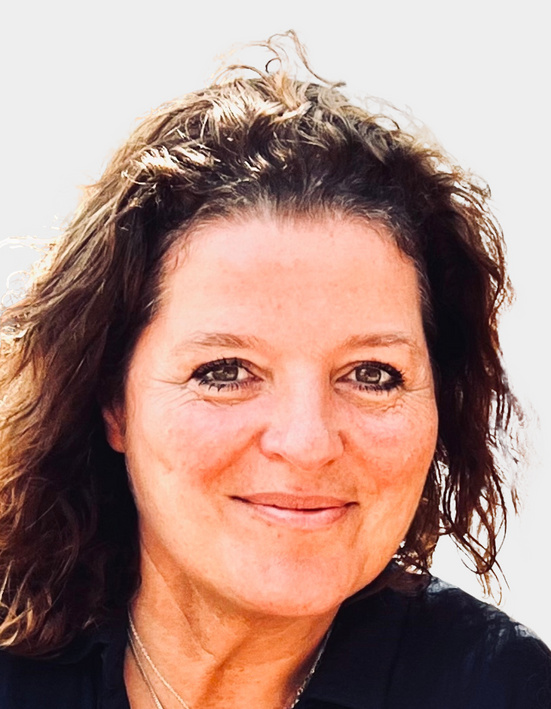
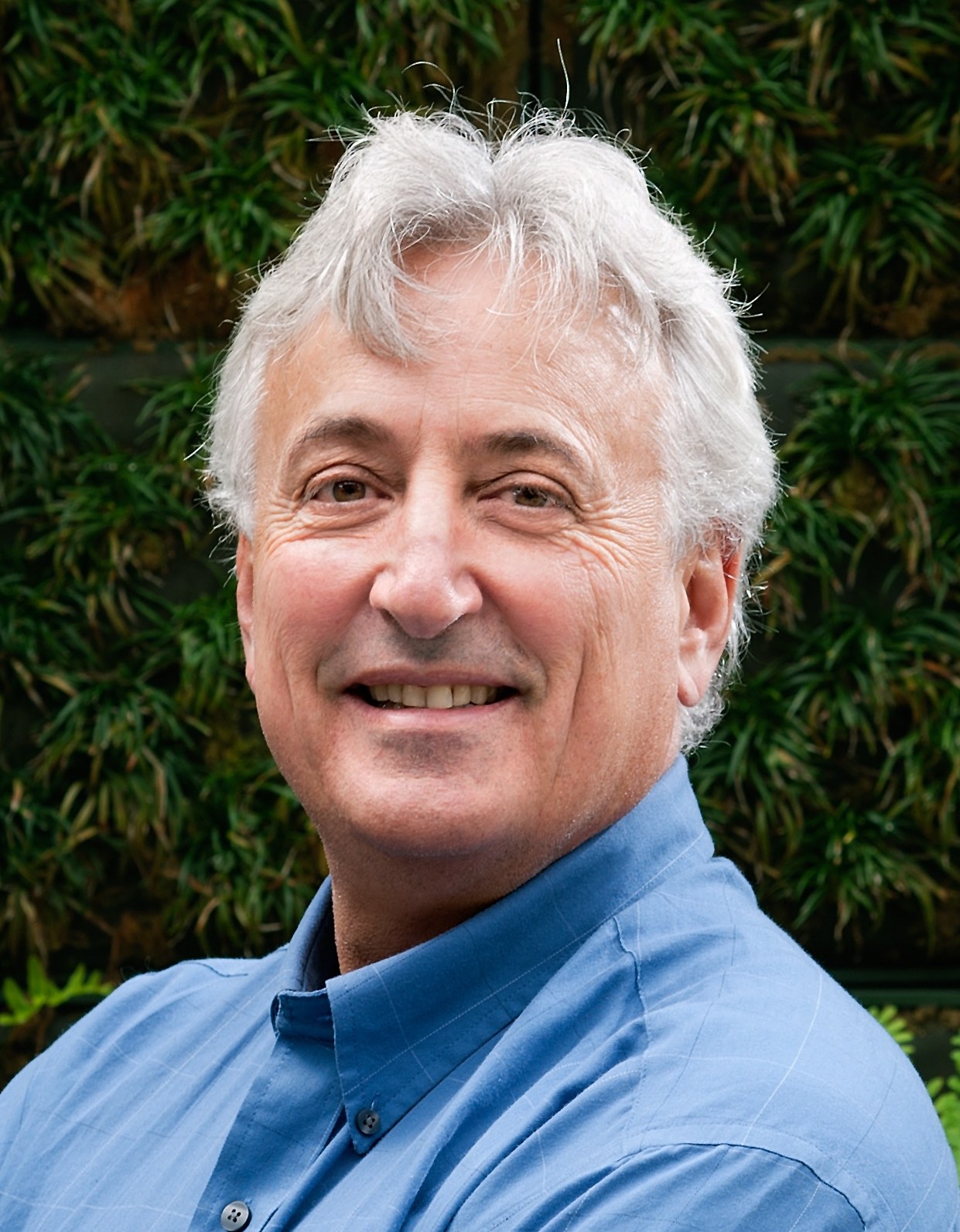
Robert Costanza (PhD, FASSA, FRSA) is a professor of Ecological Economics at the Institute for Global Prosperity, University College London and a 2024 winner of the Blue Planet Prize. He is an Ambassador of the Wellbeing Economy Alliance (WEAll), co-founder and past-president of the International Society for Ecological Economics, and founding editor of Ecological Economics. He is the current editor in chief of The Anthropocene Review. Professor Costanza’s transdisciplinary research integrates the study of humans and the rest of nature to address research, policy and management issues at multiple time and space scales, from small watersheds to the global system. His areas of expertise include: ecological economics, ecosystem services, landscape ecology, integrated ecological and socioeconomic modelling, energy and material flow analysis, environmental policy, social traps and addictions, incentive structures and institutions. He is the author or co-author of over 600 scientific papers and 30 books, including his latest book: Addicted to Growth: Societal Therapy for a Sustainable Wellbeing Future. His work has been cited more than 160,000 times in Google Scholar with an h-index of 142. More than 360 interviews and reports on his work have appeared in various popular media and he has written over 75 articles for the popular press.
Rudolf de Groot is an ecologist by training and has worked for more than 40 years on the development and application of the ecosystem services concept as a tool to analyze the (economic) benefits of nature conservation, sustainable ecosystem management, and landscape restoration. In July 2021 he retired as Associate Professor in Integrated Ecosystem Assessment & Management with the Environmental Systems Analysis Group of Wageningen University, the Netherlands. De Groot was involved as Coordinating Lead author in the UN-supported Millennium Ecosystem Assessment (2001-2005) and in the global study on “The Economics of Ecosystems & Biodiversity” (TEEB 2008-2010). He is co-founder (2012) and Editor-in-Chief of the Elsevier Journal “Ecosystem Services: Science, Policy & Practice” and of a database on monetary values of Ecosystem Services: www.esvd.info. Next to his scientific work, he is passionate about the practical application of the ecosystem services concept. He is co-founder and Chair of the Foundation for Sustainable Development (www.fsd.nl) which aims to support the conservation and sustainable use of ecosystems by building knowledge and stimulating awareness of the many ways in which people depend on, and benefit from nature. He is among others Special Advisor on Ecosystem Services and Nature Based Solutions of the IUCN Commission on Ecosystem Management (CEM), and Chair of the Ecosystem Services Partnership (www.es-partnership.org), a worldwide network to enhance the science and practical application of ecosystem services assessment.
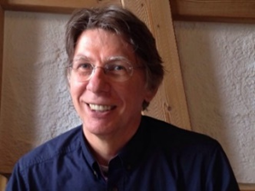
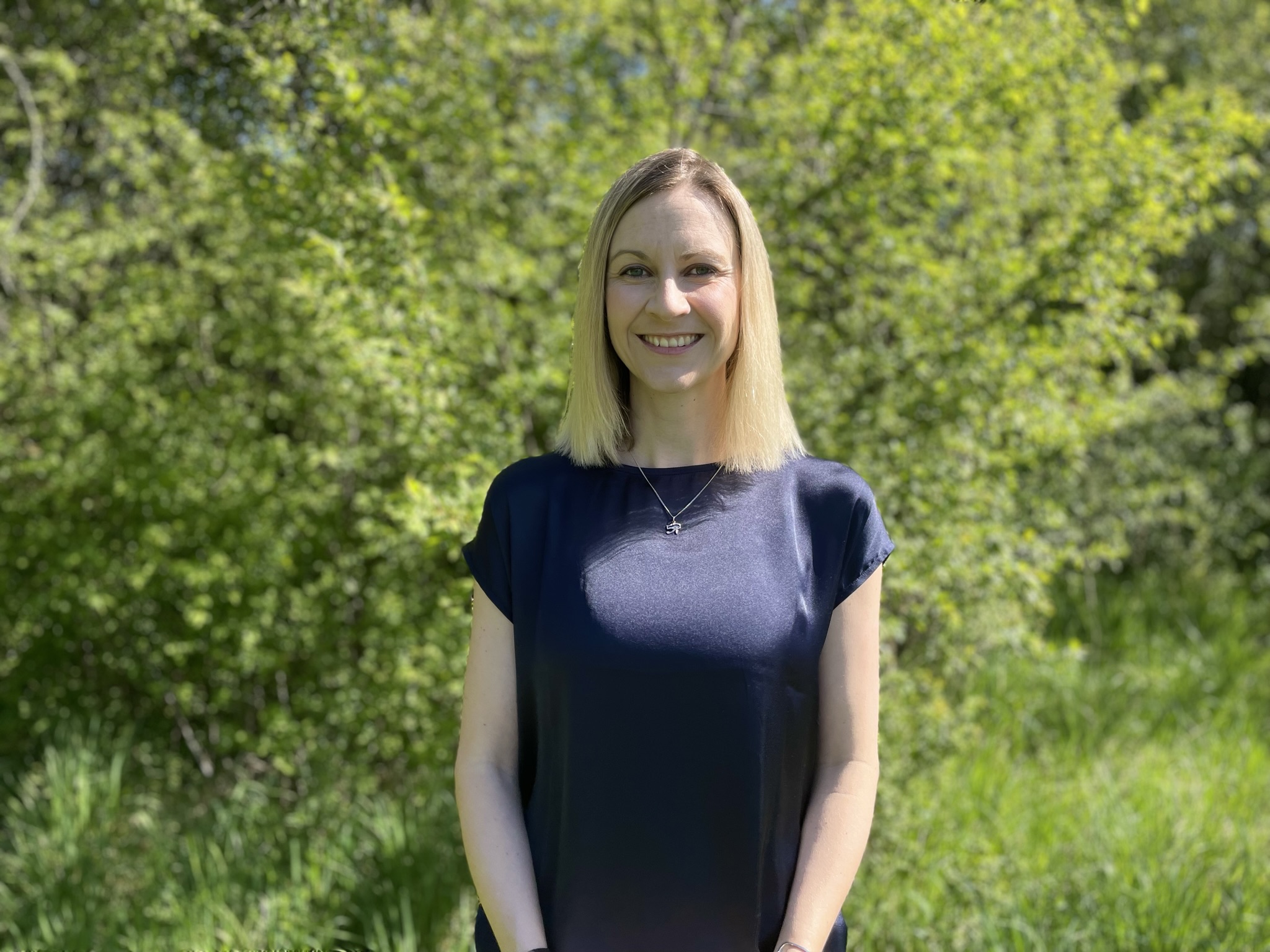
Nadja Kabisch is a Professor in Digital Landscape Ecology in the Department of Physical Geography and Landscape Ecology at the Leibniz University Hannover. Before she joint the Leibniz University Hannover, she was a research group leader at the Humboldt-Universität zu Berlin with her 5-year project GreenEquityHEALTH. Her thematic focus in research ranges from urban and landscape ecology, population and health geography, human-environment interactions and environmental justice to digital methods and data collection approaches for the provision of ecosystem services. In particular, she conducts research on nature-based solutions for climate adaptation in cities and their effects on health and well-being. Recently she has also started working on zoonosis emergence in degraded forest ecosystem with the EU project ZOE which she is co-coordinating together with Charité Berlin. Nadja was contributing author to the last IPCC 6th Assessment Report, WG III Mitigation of Climate Change in the Chapter Urban systems and other settlements
Conor Kretsch is the founder and director of the Cohab Initiative (Cooperation on Health and Biodiversity), a global initiative addressing the gaps in awareness, policy and action on issues linking biodiversity with human health and well-being. The Initiative provides an international, inter-disciplinary collaborative framework to support existing activities on population health and biodiversity conservation, and to support the implementation of the global Sustainable Development Goals (SDGs).
Conor is an environmental biologist with 25 years’ experience as an advisor to governmental and inter-governmental agencies, NGOs and businesses worldwide. He has worked in several areas of science, policy and practice as a researcher, consultant and educator. Conor has particular expertise in the relationship between biodiversity, ecosystem services and well-being, and has been instrumental in bringing human health into the realm of multi-lateral dialogues on environment and nature conservation. This includes founding and co-ordinating the International Conferences on Health and Biodiversity, in collaboration with UNEP, WHO, FAO, UNDP and UNESCO, and promoting the development of key decisions on health and biodiversity at the UN Convention on Biological Diversity (CBD) since 2005.
Conor’s research work has included participation in multi-national consortia on natural capital and ecosystem services, including EU-funded projects such as OpenNESS, ESMERALDA, GoGREEN Routes and SELINA. He has contributed to regional assessments under the Intergovernmental Panel on Biodiversity and Ecosystem Services (IPBES) and has advised on the development of One Health networks in Europe and worldwide
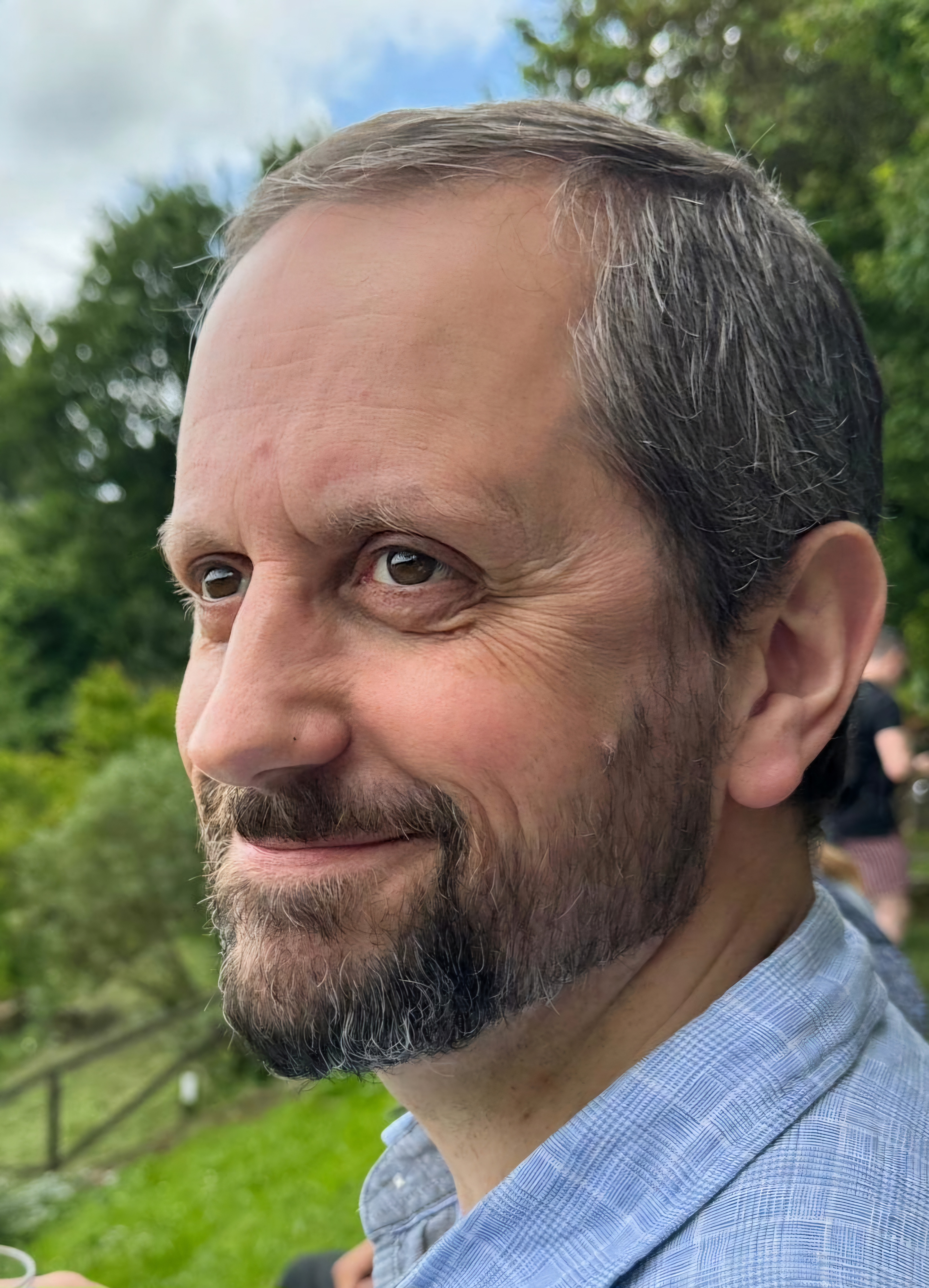
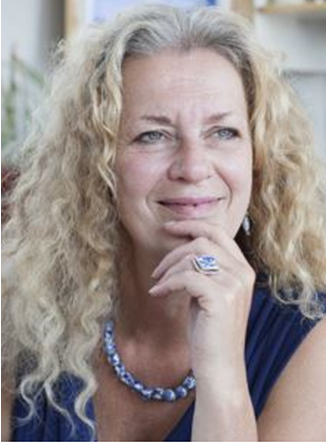
Dr Caroline van Leenders has a PhD in Environmental Studies and works on greening the financial sector at the Ministry of Agriculture Nature and Food Quality and the Netherlands Enterprise Agency. For more than thirty years Caroline has successfully engaged in transformational change in the field of sustainable energy, plant-based food and biodiversity. In recent years her focus has been on accelerating the transition towards a biodiversity-inclusive financial sector. Bringing people together is essential to change and Caroline has therefore formed various Communities of Practice where financial frontrunners learn from each other about how to implement biodiversity in decision-making and supported the forming of coalitions such as PBAF and the TNFD. She also creates attention for the importance of halting biodiversity loss by writing books on transformational change, presenting and doing research. In 2021 and 2022 Caroline was honored in the list Top 50 Women in Sustainable Finance Netherlands.
With more than 25 years of experience as policy maker for the Netherland’s government, Martin Lok has worked in several policy domains, including environmental policy, international nature policy and green growth policy. He is a co-author of several national policy documents and has led public-private collaborative actions on natural capital in the Netherlands from 2014. In 2018 Martin initiated and led the global Government Dialogue on Natural Capital and now serves as the Executive Director for the Capitals Coalition.
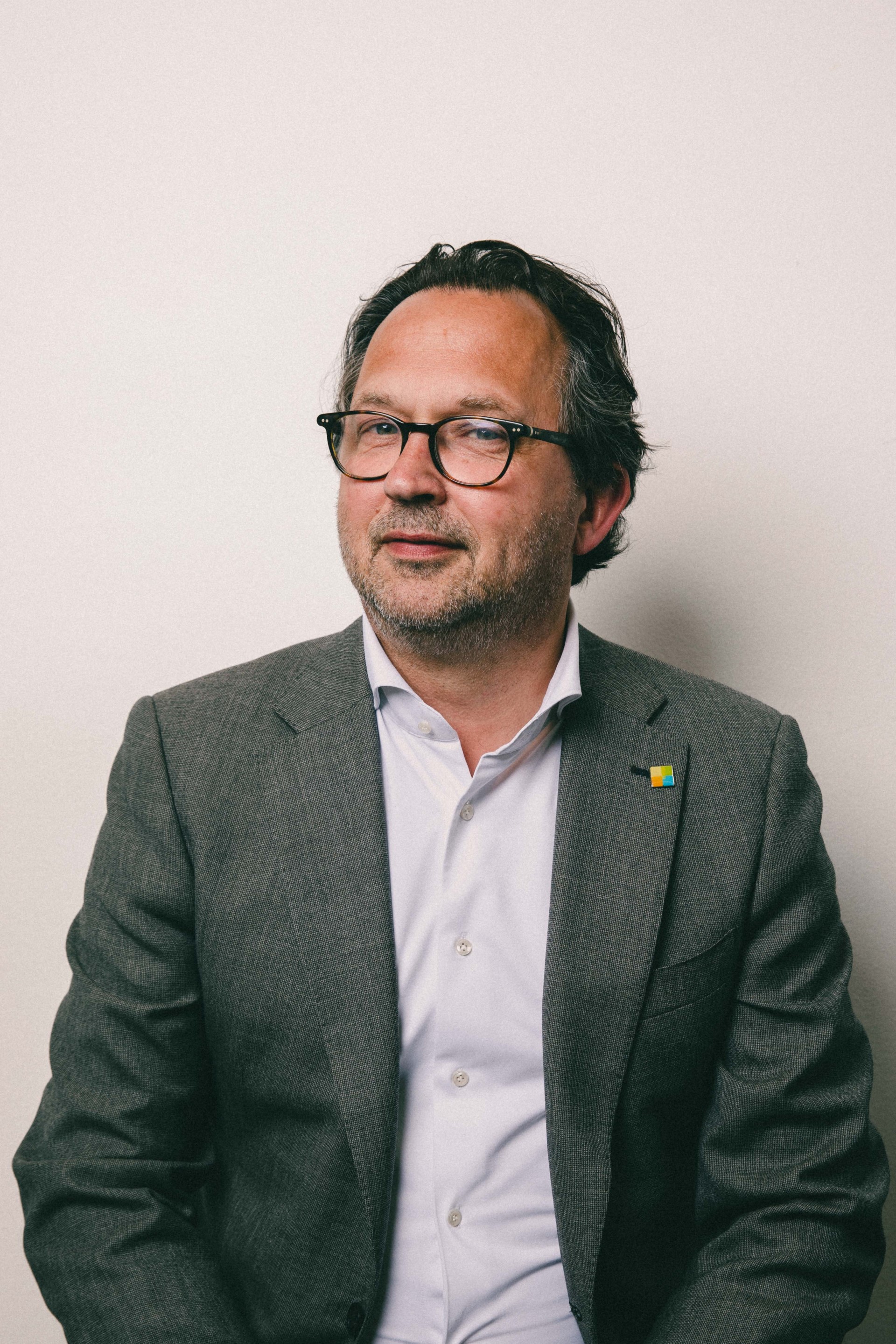

Pim Martens has a PhD in applied mathematics ànd biological sciences, is professor of planetary health, a scientivist, and integrates scientific knowledge with his passion for animals and nature. https://pimmartens.com/category/planetary-health/
Stineke Oenema is nutritionist and agricultural economist. From 2024 she is senior policy advisor for food security and nutrition at the Dutch Ministry of Foreign Affairs. Prior to that, she was the first Executive Secretary of UN-Nutrition - established in 2020 - and coordinator of the UN System Standing Committee on Nutrition (UNSCN), the predecessor of UN-Nutrition. From 2003 to 2015, she worked for an internationally operating NGO, being in charge of food and nutrition security policy and program development. Internationally and nationally, she chaired and facilitated several networks and multi-stakeholder groups. She was member of the editorial boards of the UNSCN Nutrition/News and the Right to Food and Nutrition Watch. As member of the first Independent Expert Group, she supported the development of the Global Nutrition Report during its initial years. She briefly worked at Wageningen University. In her early career, she worked for FAO and UNICEF in Ghana, Vietnam and Latin America. Throughout her career environmental concerns and the links with how and what we eat and produce became part and parcel of her work leading to her current chairmanship of the Sustainable Diets Taskforce of the International Union of Nutrition Sciences (IUNS).
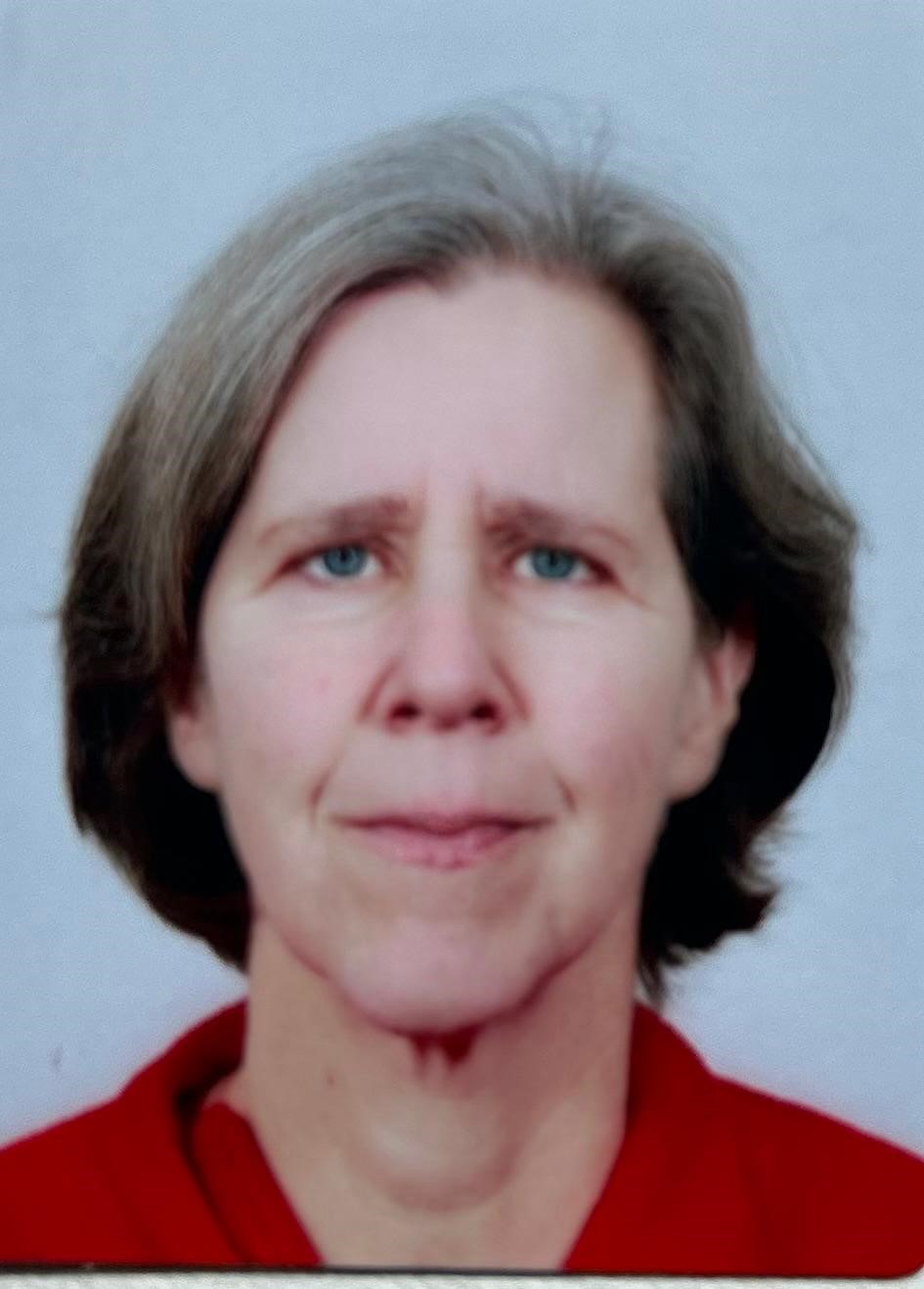

Prof. Dr. Ingrid Visseren-Hamakers is a senator for the Party for the Animals (Partij voor de Dieren) and serves as chair of the Environmental Governance and Politics (EGP) group and is specialized in environmental governance. Her research is especially focused on transformative global environmental governance, and aims to contribute to both academic and the societal debates on how societies and economies can become sustainable, and how such transformative change is, and can be, governed. To date, the research of Visseren has in particular contributed to the conceptualisation of the relationships between governance systems, among others by coining the concept of Integrative Governance
Arnold Van Vliet is a biologist, specialised in the monitoring, analysis and forecasting of the impact of global change on biodiversity and its societal implications. He has several fields of expertise: The first one is the impact of climate change on the timing of life cycle events and the geographic distribution of species. The second is the societal implications of and response to these climate induced ecological impacts. Hereby the focus is on various human health issues including pollen (hay fever and cardiovascular diseases), vector-borne diseases (mosquitoes and ticks) and pest species (oak processionary caterpillar and wasps). The third field of expertise is ecosystem services and Nature-based Solutions. Hereby the focus is on assessing the variety of services, quantifying the monetary value of these services and assessing the societal implications of changes in the provision of ecosystem services. The fourth field of expertise is the animal consumption and production chain whereby the focus is on realising a transition towards sustainability. Van Vliet is specialised in the development and coordination of various citizen science networks and in the communication of science to society.
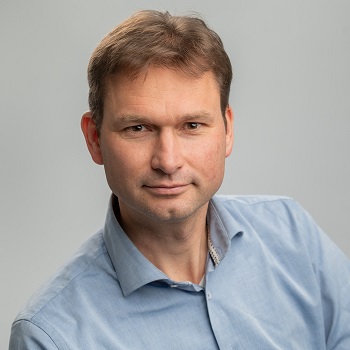

Peter van der Werf is Head of Active Ownership at Robeco. He leads the corporate and sovereign engagement program in the Active Ownership team. With his engagement work, he has challenged sustainability leadership at more than 200 global companies to align their environmental and social strategy with Robeco’s sustainable investing philosophy. As Portfolio Manager SDG Engagement Equities, Peter contributes to impact investing in listed equity. He is also an Advisory Board member of the Finance for Biodiversity Foundation. Peter started his career in 2007 and holds a Master’s in Environmental Sciences from Wageningen University.
Louise (Wieteke) Willemen is a professor of Spatial Dynamics of Ecosystem Services. Her current research and education include remote-sensing-based ecosystem service mapping and monitoring, impact assessments of integrated restoration, citizen science integration in impact research, and prioritization of investments in land degradation neutrality actions. She is the Lead Scientist in a 6-year programme on Climate-Nature interactions in the Netherlands, an author of the ongoing Business and Biodiversity and completed Land Degradation & Restoration assessments of IPBES. She is a member of the Executive Committee of Ecosystem Services Partnership, and Special Editor of the journal Ecosystem Services. She has a PhD in spatial modelling of multifunctional landscapes from Wageningen University, the Netherlands. She has worked at Bioversity International in Colombia, the European Commission’s Joint Research Centre in Italy and Cornell University in the USA.
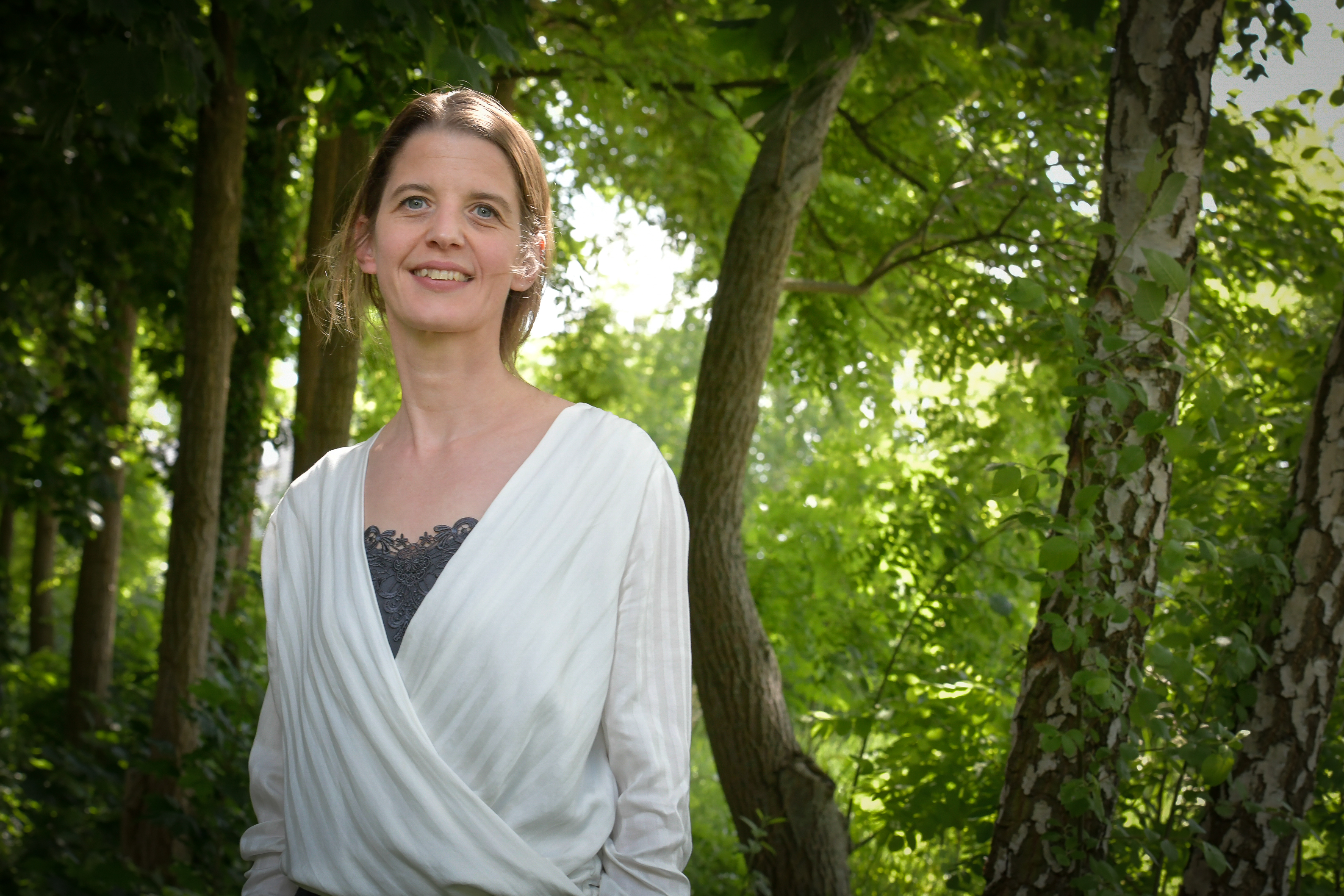
ESP Europe 2024
 Registration website for ESP Europe 2024
Registration website for ESP Europe 2024ESP Europe 2024diane.ingabire@fsd.nl
ESP Europe 2024diane.ingabire@fsd.nlhttps://www.espconference.org/europe2024
2024-11-17
2024-11-22
OfflineEventAttendanceMode
EventScheduled
ESP Europe 2024ESP Europe 20240.00EUROnlineOnly2019-01-01T00:00:00Z
To be announcedTo be announcedevent registration made easy
aanmelder.nl is the software partner for events.
Click here to discover the software.